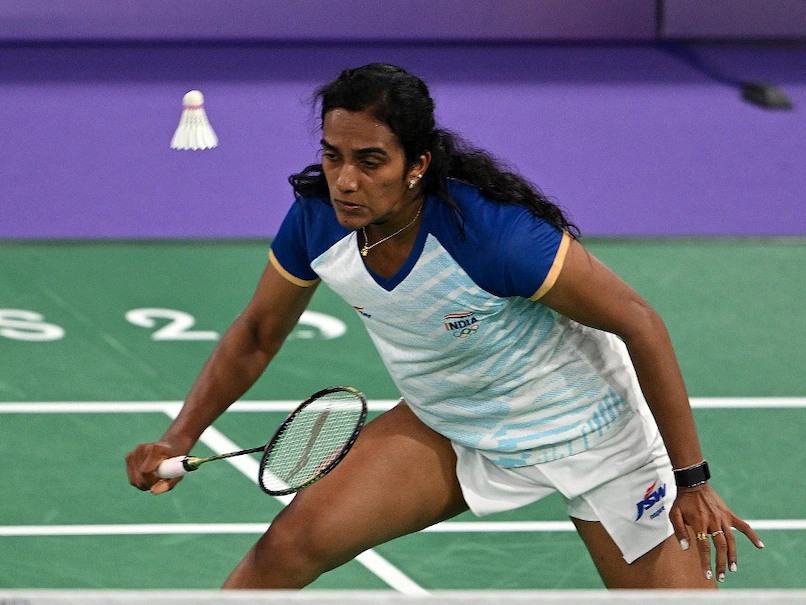It’s a full-time job to be a parent, but what about sports parents?
Sports Parenting is not really talked about. Where do you learn how to regulate your child’s diet, sleep schedule, studies, school, homework, sport practice, physical training, and much more?
There is usually a lot of pressure on sports parents to get everything right because it’s the right age to do so for your budding athlete.
How about we break it down for you and we’ll give your simple sports parenting tips. At MyMentalCoach, we believe that the mental training that empowers athletes can also help sports parents grow into stronger, more supportive guides for their children.
Why Balanced Nutrition Matters for Young Athletes
Your child’s body is still growing, and playing sports puts extra demand on it. Good nutrition gives their body the fuel it needs—not just for energy on the field, but also for recovery, focus, and mood.
Simple tips:
- Include protein (like eggs, pulses, paneer, chicken) in every meal
- Offer fruits, nuts, and water as snacks
- Avoid junk food around game or training days
- Don’t skip breakfast, it matters!
Even small improvements in food habits can show improvement in performance, energy, and behavior.
Sleep: The Most Underrated Performance Booster
Young athletes need 8–10 hours of quality sleep every night. But let’s be honest, between school, homework, training, and scrolling reels, sleep is often the first thing to suffer.
Why is this a problem? Because poor sleep = poor recovery, poor focus, and a higher risk of injury.
What you can do:
- Fix a bedtime routine (and try to stick to it)
- Cut off screen time at least 1 hour before sleeping
- Talk to them about how sleep improves stamina, brain sharpness, and mood
Think of sleep as part of their training, not something extra.

Screen Time and Sports Performance: What Parents Need to Know
It’s hard to keep kids away from screens. Phones, video games, YouTube, it’s all around them. However, too much screen time affects sleep, focus, and even mood.
Research shows that excess screen time can increase anxiety and delay physical recovery.
Try this instead:
- Create “tech-free” zones at home (e.g., no screens during meals or 1 hour before bed)
- Offer fun offline breaks: music, journaling, art, walks, or even quiet time
- Avoid lectures, instead, involve your child in setting their own screen limits
It’s about balance, not control.
Striking the Right Balance: Managing Nutrition, Sleep, and Screens
The truth is, no one gets it perfect every day. And that’s okay.
The goal is to build small, healthy habits over time, not overhaul everything overnight.
Quick wins for sports parents:
- Keep healthy food visible and accessible
- Set reminders for hydration and rest
- Create a calming night routine together
- Be curious, not critical, when discussing screens
Kids don’t need perfection. They need guidance, structure, and a home that supports their sport and their overall well-being.
The Impact of Poor Lifestyle Habits on Athletic Growth
Unhealthy habits, like eating junk, staying up late, or overusing screens, may not show effects immediately. But over time, they slow down physical growth, increase the risk of injury, and affect motivation.
As a parent, you have the power to notice these patterns early and gently guide your child back.
Practical Tips for Sports Parents in the Digital Age
- Don’t try to control everything, focus on what you can influence
- Be a role model: eat well, rest well, and use tech wisely
- Talk about the “why” behind healthy habits
- Involve your child in decisions, they’re more likely to follow through
Creating a Sustainable Routine for Your Young Athlete
Kids excel at rhythm. A consistent routine helps their body and mind stay balanced.
An ideal daily routine could include:
- Wake-up time + light movement
- School + balanced meals
- Practice sessions + recovery time
- Wind-down routine + early sleep
You don’t need a strict schedule. A flexible structure works just fine.

How Sports Parents Can Model Healthy Habits at Home
You’re your child’s first coach. They’re watching how you eat, rest, work, and handle stress.
By showing them healthy habits, not preaching, you give them the best gift: a lifestyle that supports long-term performance and mental well-being.
Final Thoughts
Sports parenting today is about balance, fueling the body with the right food, giving it enough rest, and helping kids manage screen time healthily. You don’t need to be perfect. You just need to stay aware, involved, and supportive.
Small steps go a long way.
Looking for more helpful tips?
Join our free WhatsApp community for sports parents where we share simple, science-backed insights to support your child’s mental and physical game. Click here to join the free Sports Parents Community.


